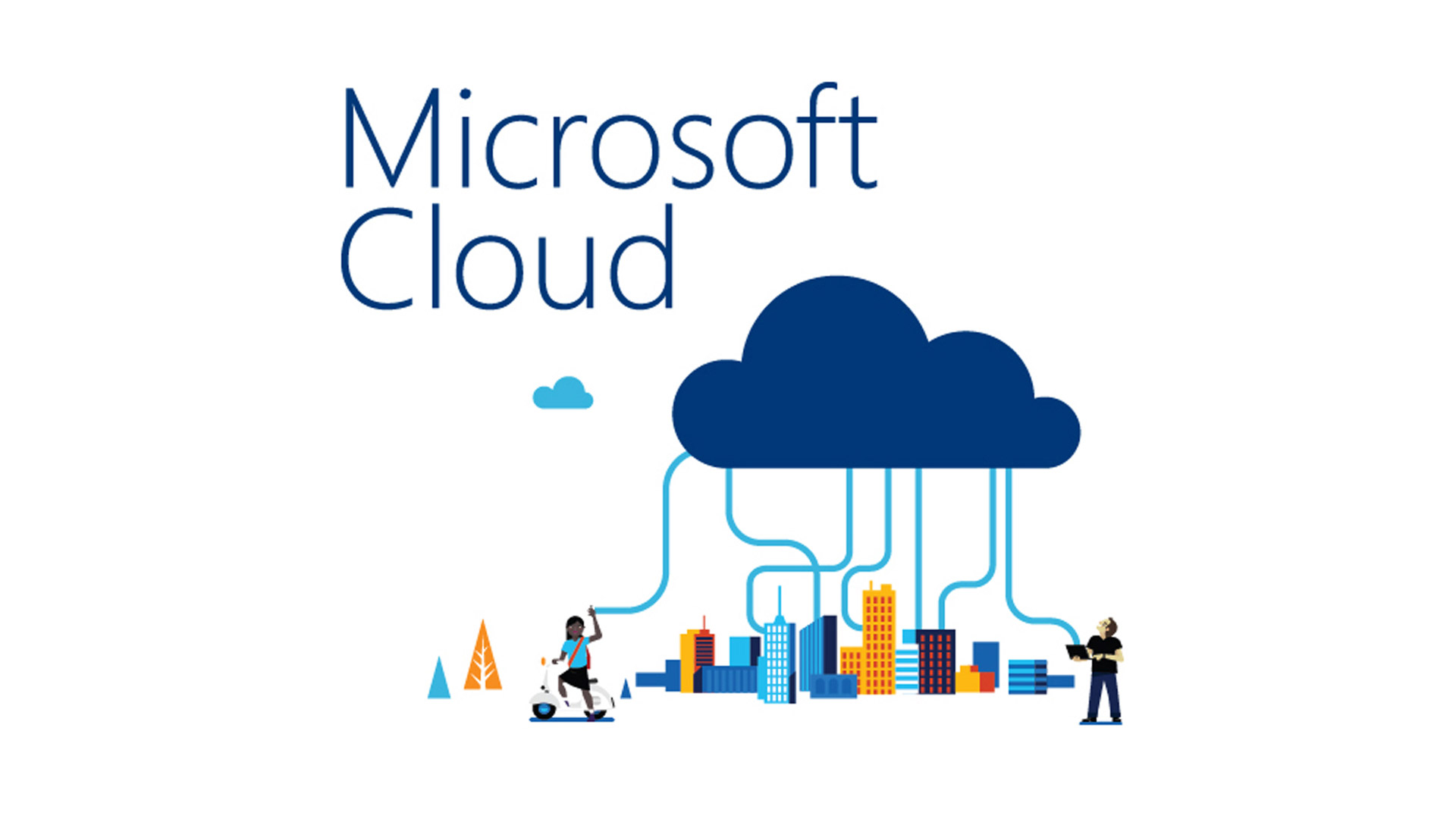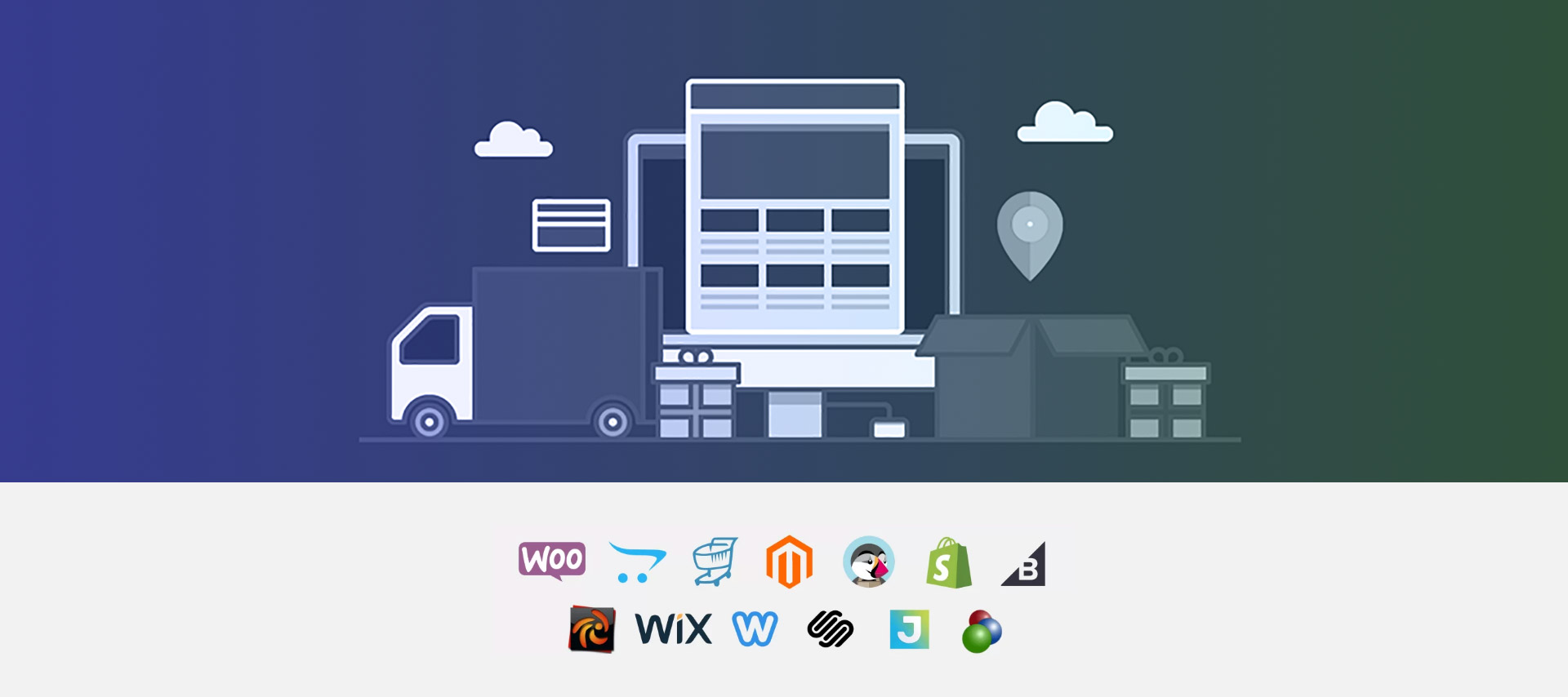Private vs. Public Cloud Computing
In today’s digital age, cloud computing has become a cornerstone of modern business operations. Whether you’re a small startup or a large enterprise, understanding the difference between public and private cloud computing is crucial for making the right choice. The debate of private cloud vs public cloud computing revolves around factors like cloud computing security, scalability, and cost-effectiveness. This article will explore the difference between public and private cloud, highlighting their benefits and potential drawbacks to help you make an informed decision.
Understanding Cloud Computing
Before diving into the specifics, it’s essential to grasp what cloud computing entails. At its core, cloud computing refers to the delivery of computing services—such as storage, processing power, and applications—over the internet. This model allows businesses to access and manage resources without the need for physical hardware on-site.
The Basics of Cloud Models
- Public Cloud: Services are provided over the public internet and shared across multiple organizations. Examples include Amazon Web Services (AWS), Microsoft Azure, and Google Cloud Platform.
- Private Cloud: Services are maintained on a private network, offering dedicated resources to a single organization. This can be hosted on-premises or by a third-party provider.
Public Cloud: The Open Highway
Public cloud services are akin to a bustling highway, where resources are shared among many users. This model is popular for its scalability and cost-effectiveness.

Advantages of Public Cloud
- Scalability: Public clouds offer virtually unlimited scalability. Businesses can easily adjust their resources based on demand, making it ideal for fluctuating workloads.
- Cost-Effectiveness: With a pay-as-you-go model, companies only pay for what they use, eliminating the need for significant upfront investments in hardware.
- Accessibility: Resources can be accessed from anywhere with an internet connection, promoting remote work and collaboration.
Drawbacks of Public Cloud
- Security Concerns: Sharing resources with other organizations can pose security risks, although providers invest heavily in security measures.
- Limited Customization: Public cloud services may not offer the level of customization some businesses require.
“Public cloud is like renting an apartment—convenient and cost-effective, but with shared walls and limited customization.”
Private Cloud: The Exclusive Retreat
In contrast, private cloud computing offers a more secluded environment, akin to owning a private estate. This model is favored by organizations with stringent security and compliance requirements.

Advantages of Private Cloud
- Enhanced Security: With dedicated resources, private clouds offer a higher level of security and control, making them suitable for sensitive data and applications.
- Customization: Organizations can tailor their private cloud to meet specific needs, from hardware configurations to software applications.
- Compliance: Private clouds can be designed to meet industry-specific compliance standards, such as HIPAA for healthcare or GDPR for data protection.
Drawbacks of Private Cloud
- Higher Costs: The exclusivity and customization of private clouds come at a higher cost, both in terms of initial setup and ongoing maintenance.
- Limited Scalability: Unlike public clouds, scaling resources in a private cloud can be more challenging and costly.
“Think of a private cloud as owning a home—greater control and privacy, but with higher costs and responsibilities.”

Cloud Hosting
Cloud Hosting – Scalable, Secure, and Cost-Effective! Get Started Today!
Making the Right Choice for Your Organization
Deciding between private and public cloud computing—or opting for a hybrid or multi-cloud approach—requires careful consideration of your organization’s specific needs and circumstances.
Factors to Consider
- Budget: Assess both short-term and long-term financial implications of each option.
- Security Requirements: Evaluate the sensitivity of your data and compliance needs.
- Performance Needs: Consider the performance characteristics required for your applications.
- Scalability Expectations: Predict your future growth and resource needs.
- In-house Expertise: Assess your team’s ability to manage and maintain cloud infrastructure.
- Geographic Distribution: Consider where your users and data need to be located.
Steps for Decision-Making
- Conduct a Thorough Assessment: Analyze your current IT infrastructure, applications, and workflows.
- Define Clear Objectives: Establish what you hope to achieve by moving to the cloud.
- Evaluate Providers: If considering public or hybrid cloud, research and compare different service providers.
- Start Small: Consider beginning with a pilot project to test your chosen approach.
- Plan for the Long Term: Develop a strategy that allows for flexibility and growth over time.
“The most effective cloud strategy is one that aligns closely with your organization’s unique goals, resources, and constraints.”
Conclusion
In the ever-evolving landscape of cloud computing, understanding the difference between public and private cloud computing is crucial for making an informed decision. When comparing private cloud vs public cloud computing, public clouds offer cost-effectiveness and scalability, while private clouds provide enhanced security and customization. The difference between public and private cloud ultimately depends on your organization’s unique needs and priorities. As you navigate this decision, consider consulting with cloud experts or conducting a thorough analysis of your current and future requirements.
“The cloud journey is not one-size-fits-all. It’s about finding the right fit for your organization’s goals and challenges.”
For further reading, consider exploring resources from Gartner or Forrester for in-depth analyses and industry insights.



